
Golem
What is a Golem?
A Golem is a mythical creature from Jewish folklore that is made of clay, soil, or dust and brought to life by a series of rituals and magical formulas.
The word golem means "shapeless mass" or "unfinished human" in Hebrew.
Golems could only be created by a powerful rabbi, who either inscribed the word 'emeth (truth) on the golem's forehead or placed a piece of parchment bearing the word Schem (name) in the golem's mouth.
The rabbi could also deactivate the golem by modifying the word 'emeth to read meth (death), or by removing the parchment from the golem's mouth.
Golems were often used as helpers, companions, or protectors of the Jewish community, especially in times of persecution or danger.
The most famous golem story is that of Rabbi Löew of Prague, who created a golem named Yossele to defend the Jews from the false accusation of blood libel in the 16th century.
Golems have inspired many works of literature, art, and popular culture, such as Frankenstein, The Hulk, and Pokemon.
They are also seen as symbols of human creativity, power, and responsibility.
Example of the color palette for the image of Golem
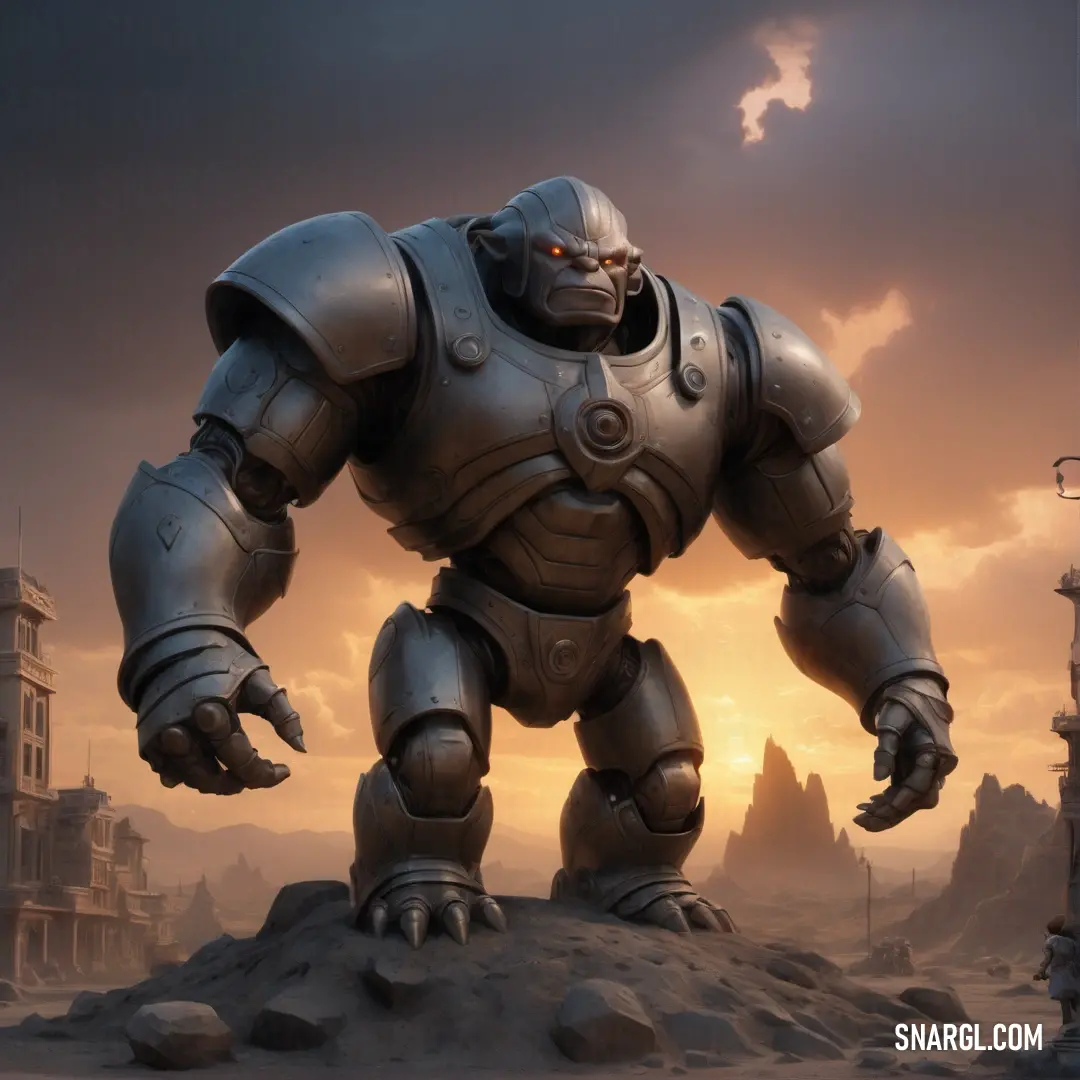
See these colors in NCS, PANTONE, RAL palettes...
Example of the color palette for the image of Golem
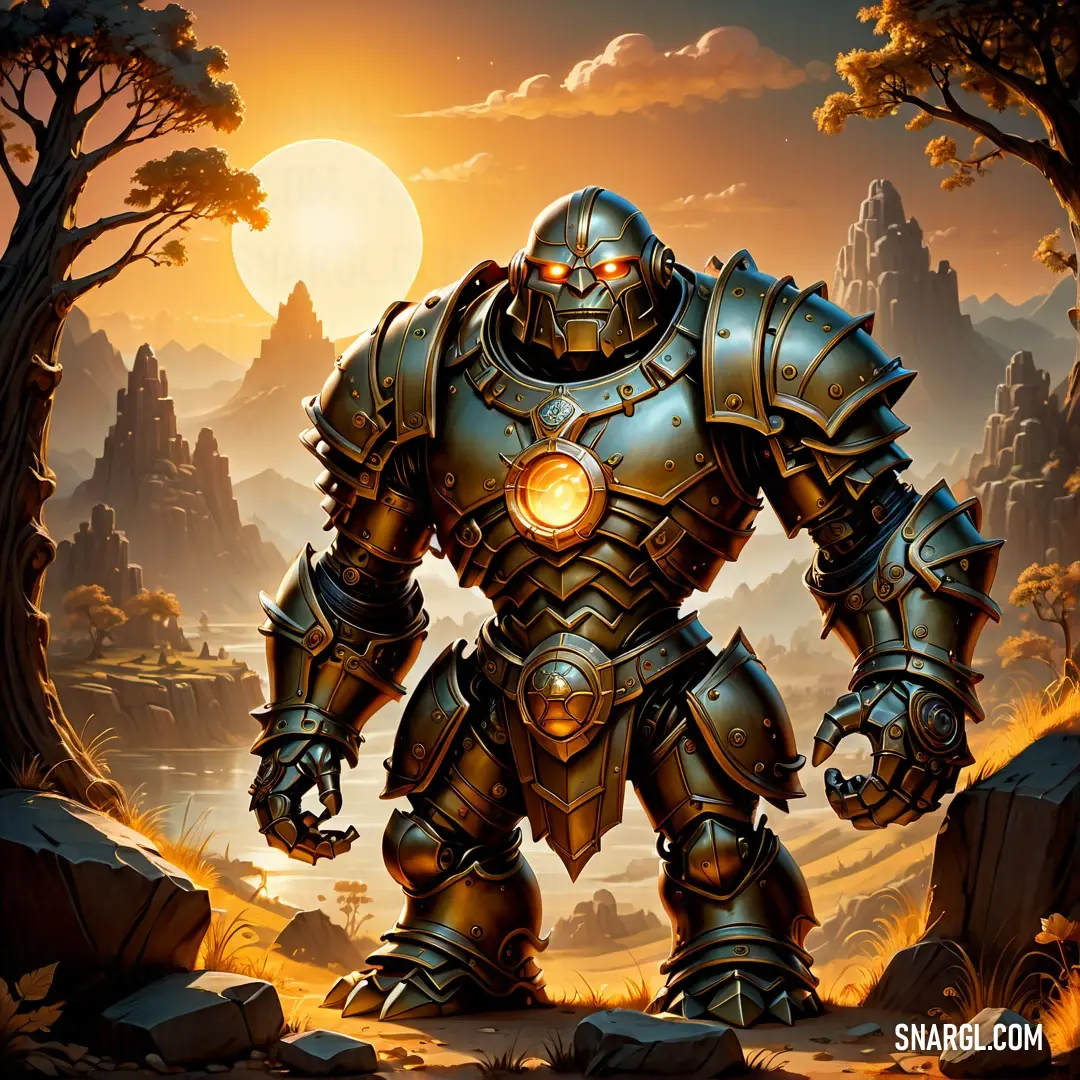
See these colors in NCS, PANTONE, RAL palettes...
What does a Golem look like?
A Golem is a creature from Jewish folklore that is made of clay, soil, or dust and brought to life by ritual incantations and sequences of Hebrew letters.
It is usually shaped like a human, but often has a large and bulky body, no facial features, and no hair.
A Golem is also mute, as it lacks the divine breath that gives humans the ability to speak.
This creature can be animated by placing a piece of paper with a sacred word or name under its tongue, on its forehead, or in its chest.
A Golem can be deactivated by removing or altering the paper, or by erasing a letter from its body.
It is created by a human master, usually a rabbi or a scholar, who knows the secrets of the Kabbalah and the Book of Creation.
A Golem is meant to be a helper, a companion, or a protector of the Jewish community, especially in times of persecution or danger.
However, a Golem can also become uncontrollable, violent, or destructive, as it grows in power and intelligence over time.
Example of the color palette for the image of Golem

See these colors in NCS, PANTONE, RAL palettes...
What does the Bible say about a golem?
Example of the color palette for the image of Golem
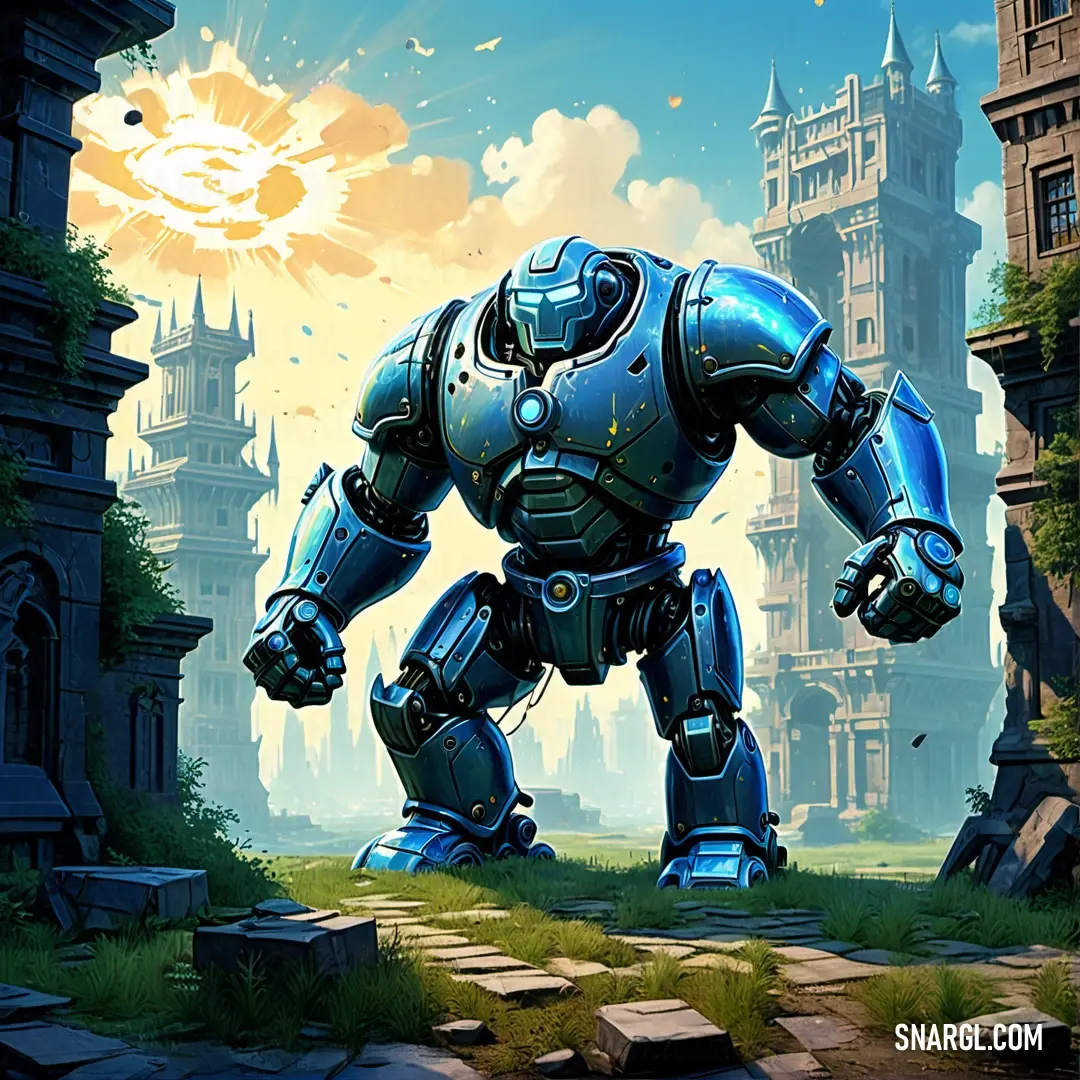
See these colors in NCS, PANTONE, RAL palettes...
What is a golem in real life?
A golem is a mythical creature from Jewish folklore, an animated being made from inanimate matter like clay or mud.
It's brought to life through magical rituals and Hebrew incantations.
The concept symbolizes creation and reflects on the nature of humanity and its creator.
While golems don't exist in reality, they inspire discussions on artificial life and robotics, echoing ancient desires to create life through non-traditional means.
The most famous story is the Golem of Prague, created to protect the Jewish community.
Today, 'golem' can metaphorically refer to any large, powerful, or clumsy entity.
Example of the color palette for the image of Golem
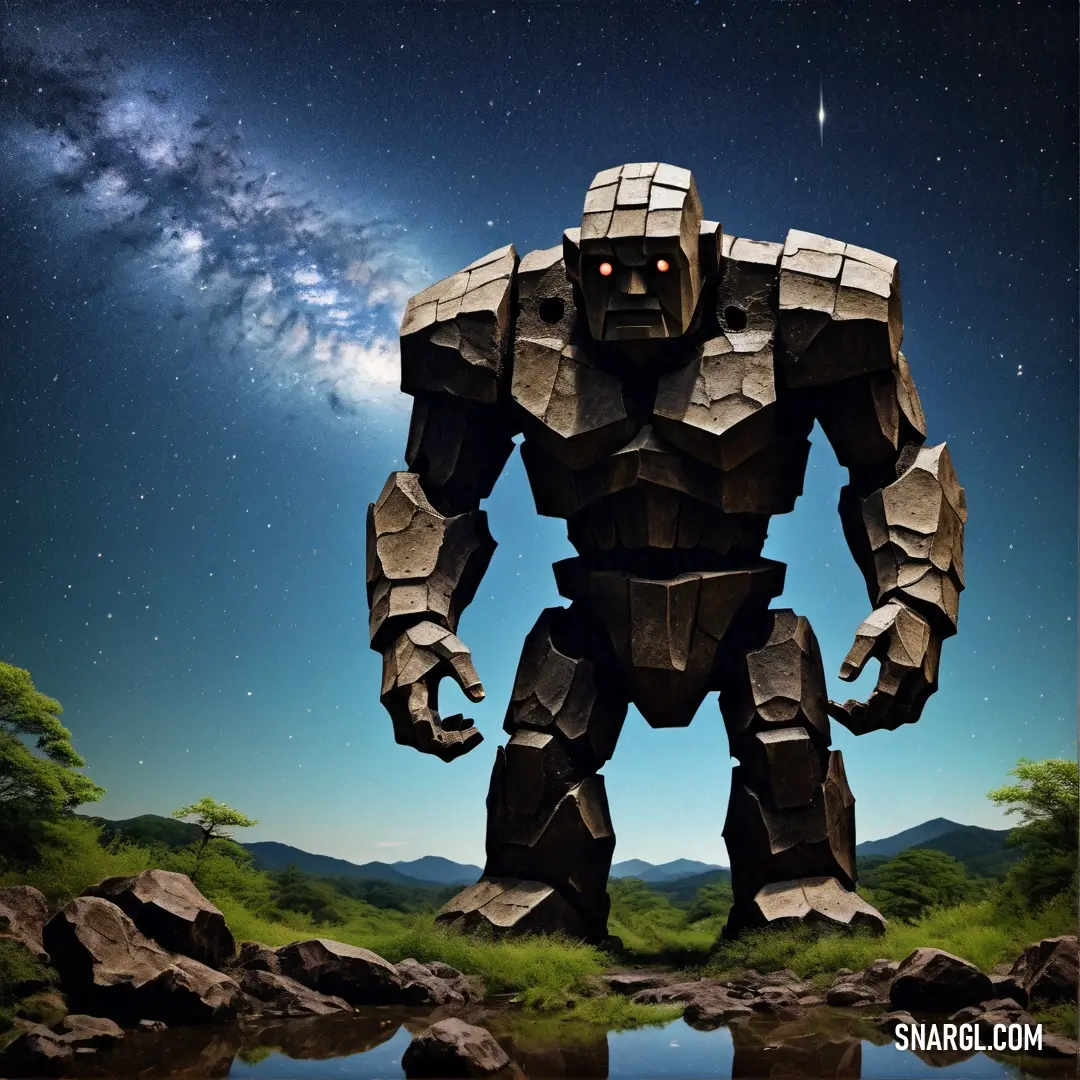
See these colors in NCS, PANTONE, RAL palettes...




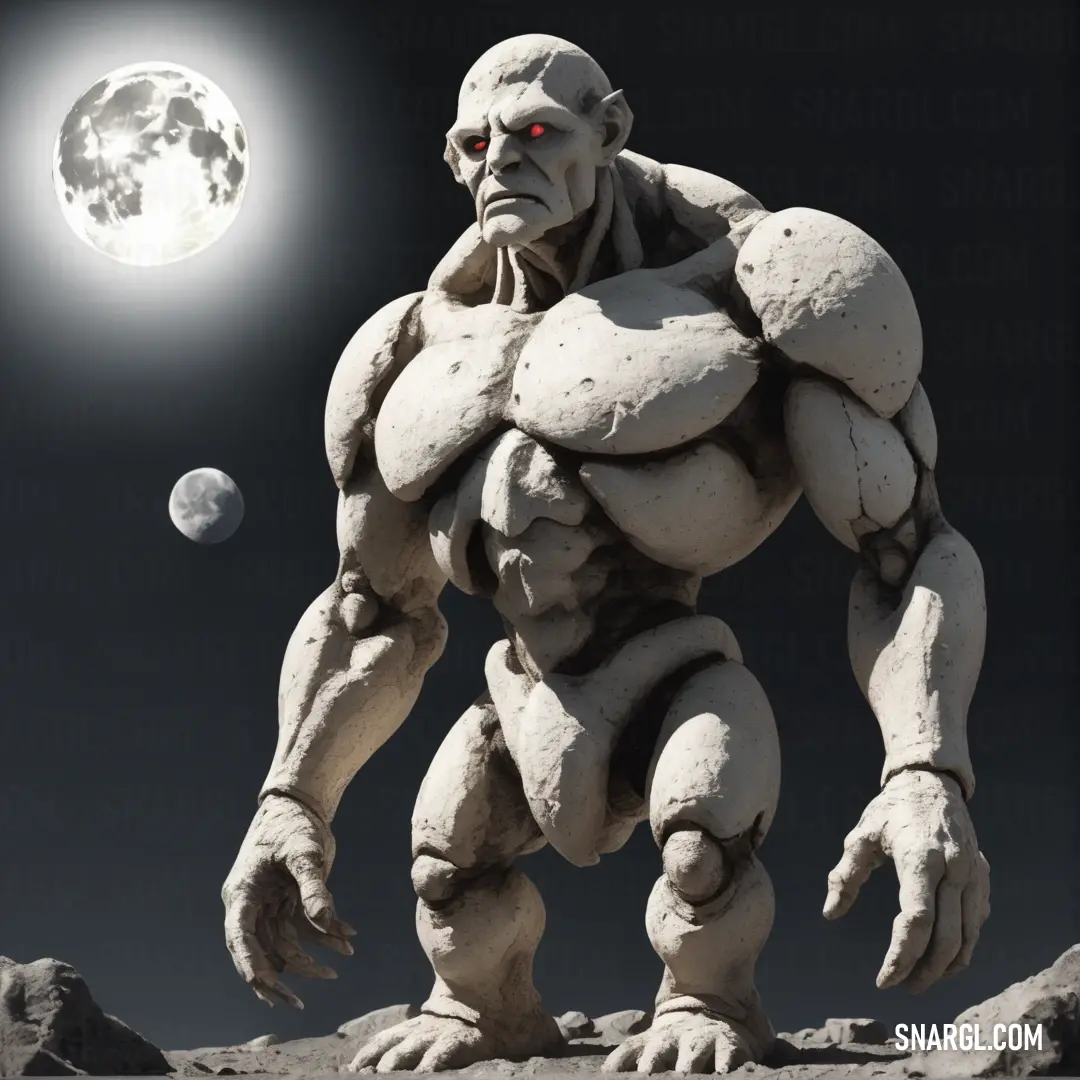



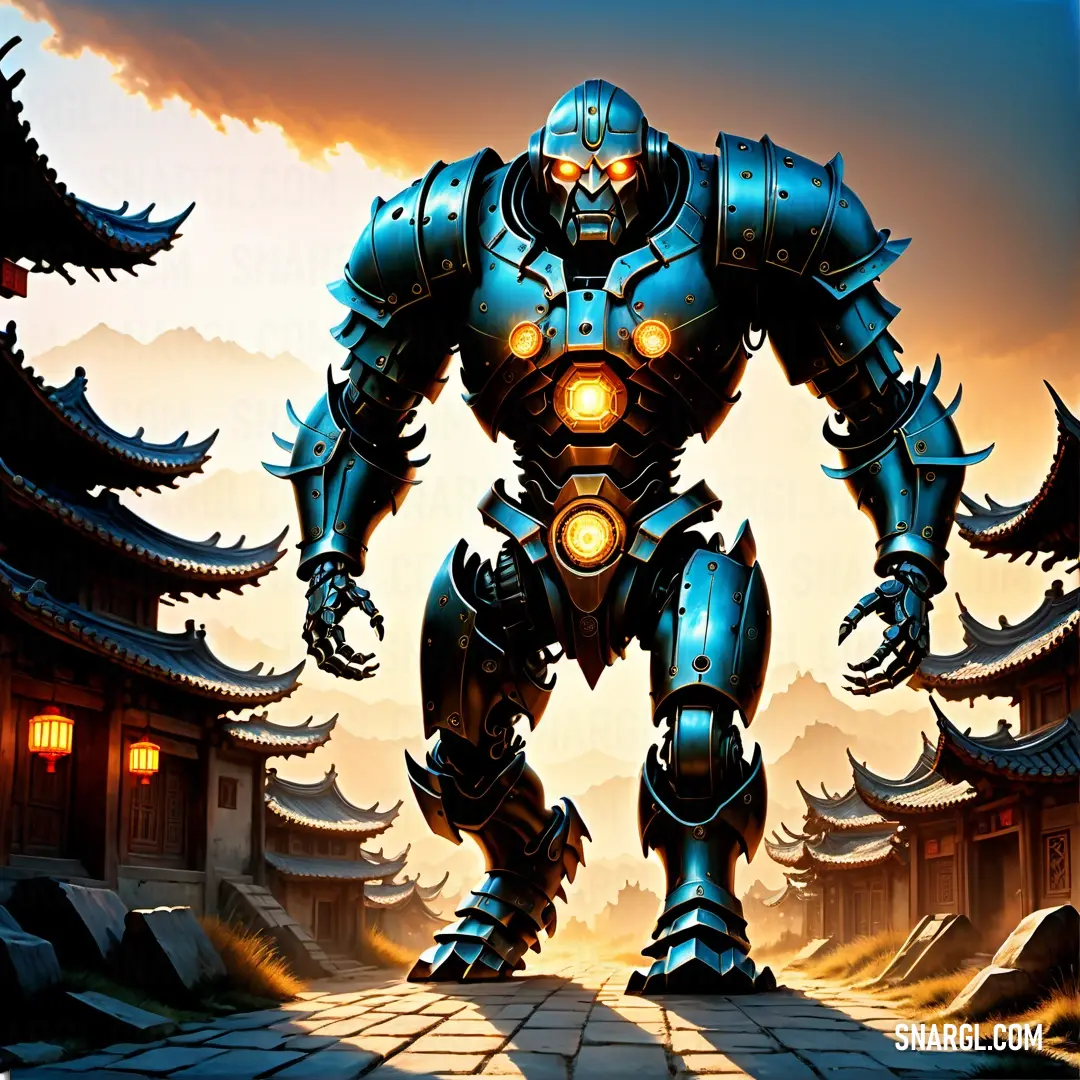

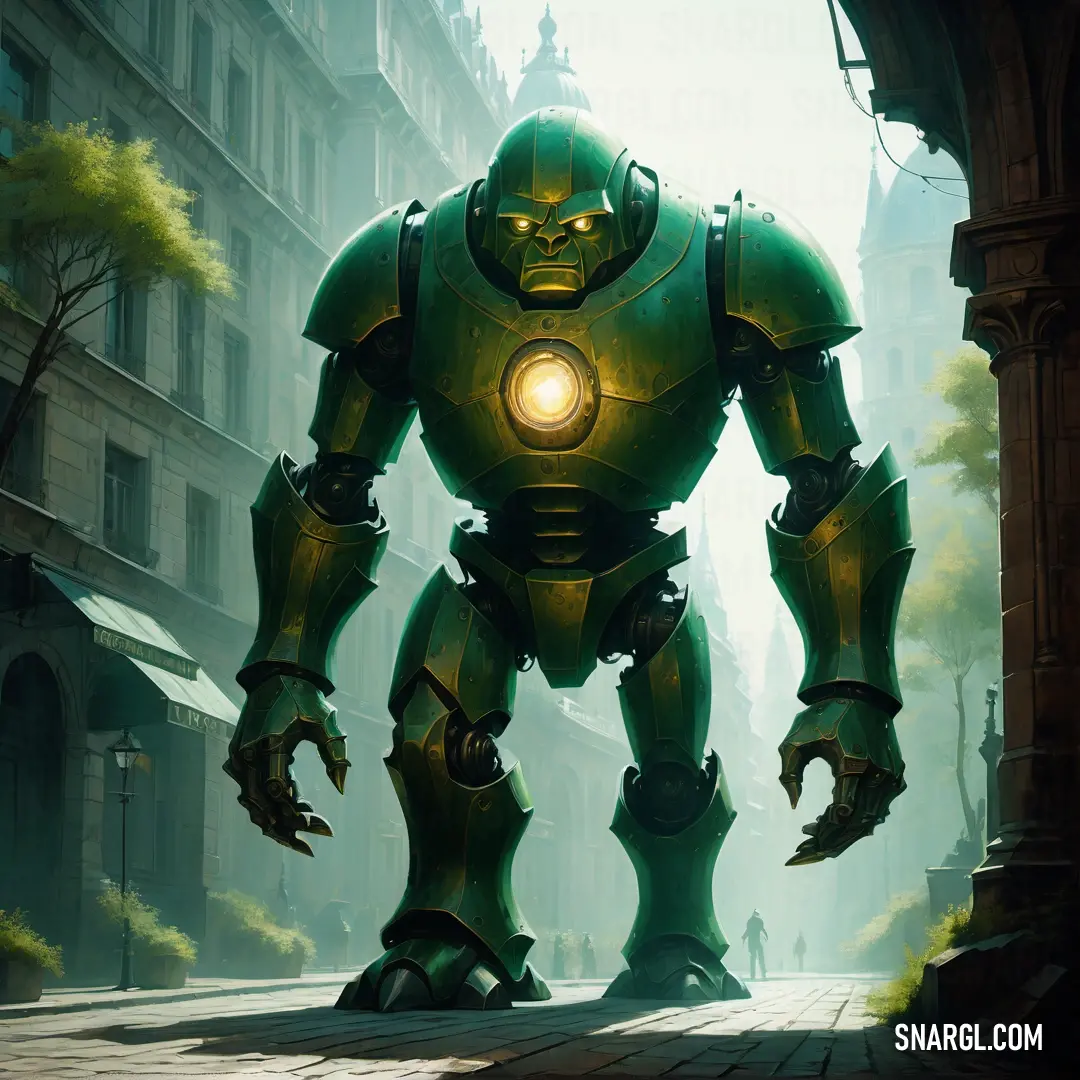
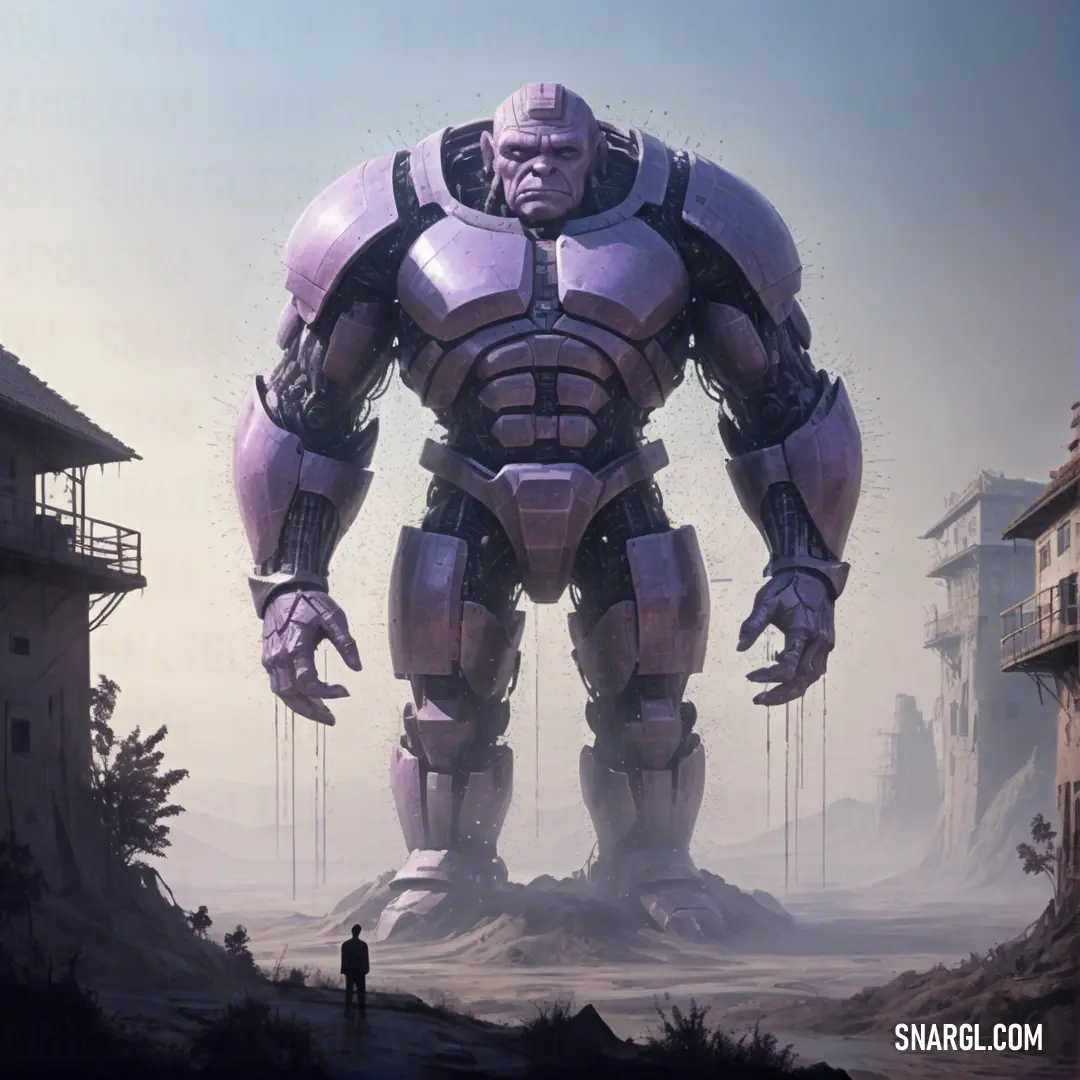
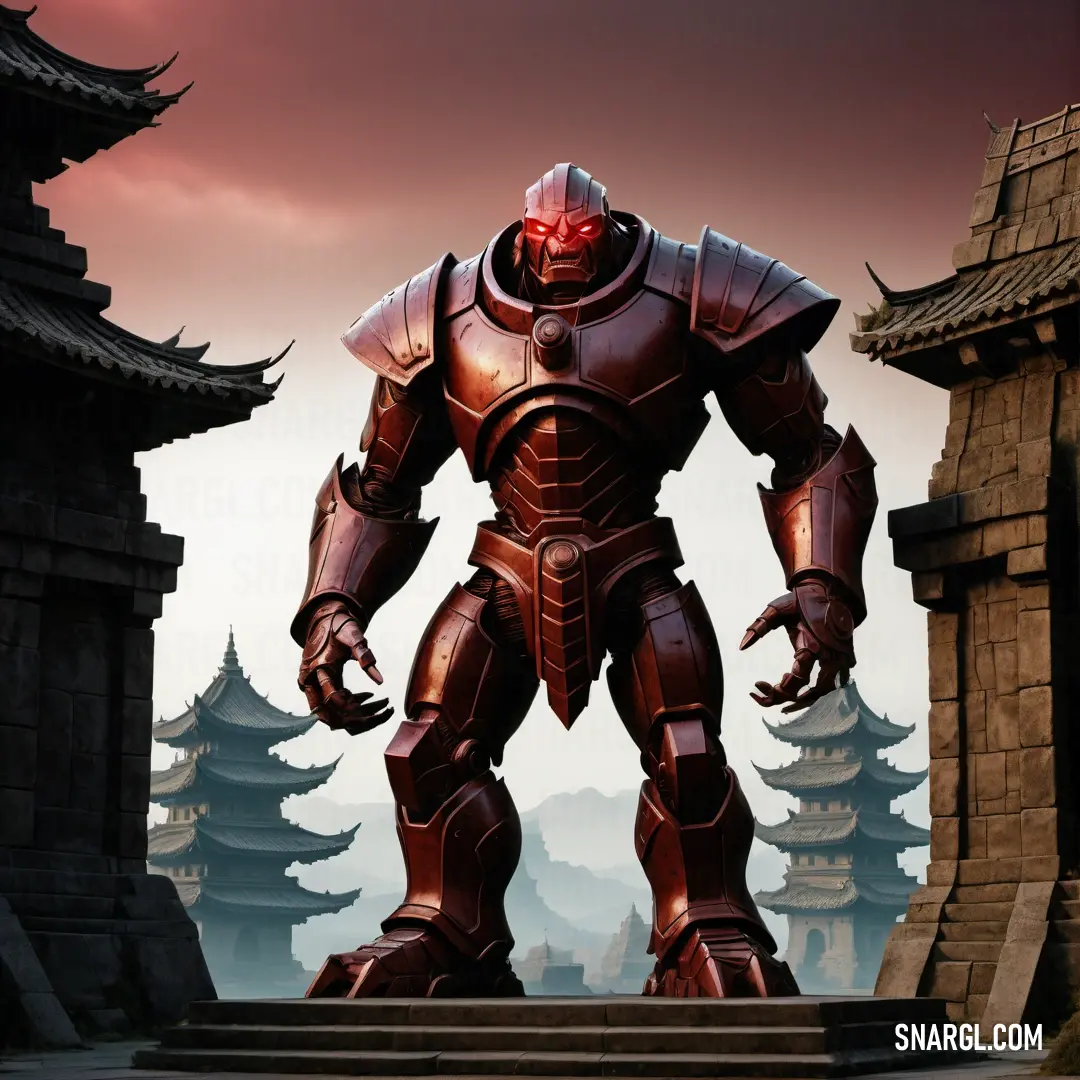

 Black
Black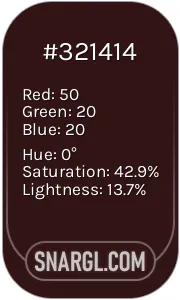 Seal brown
Seal brown Pale brown
Pale brown Dark lava
Dark lava Sandy brown
Sandy brown Smoky black
Smoky black Pastel blue
Pastel blue Ginger
Ginger Rifle green
Rifle green Antique brass
Antique brass
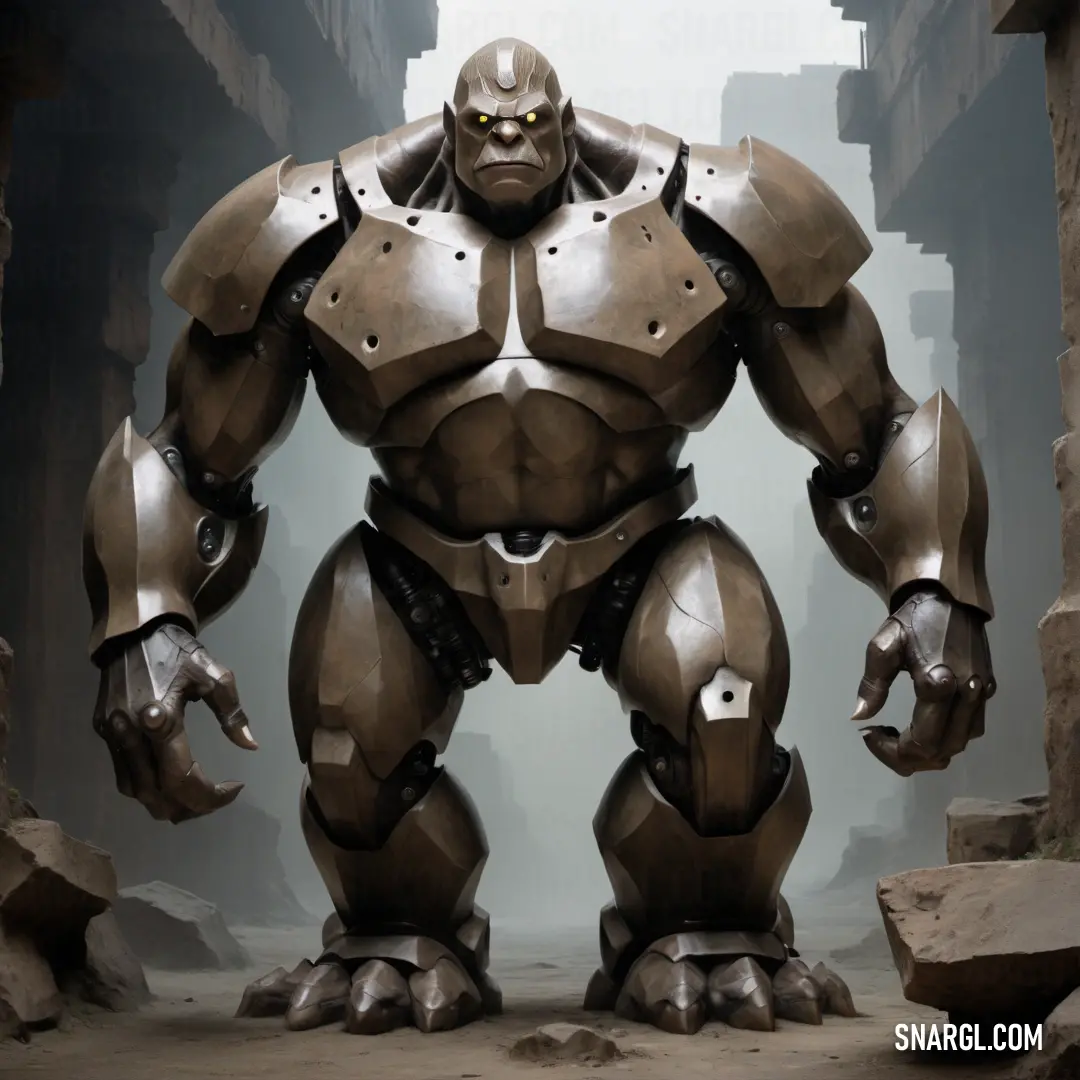
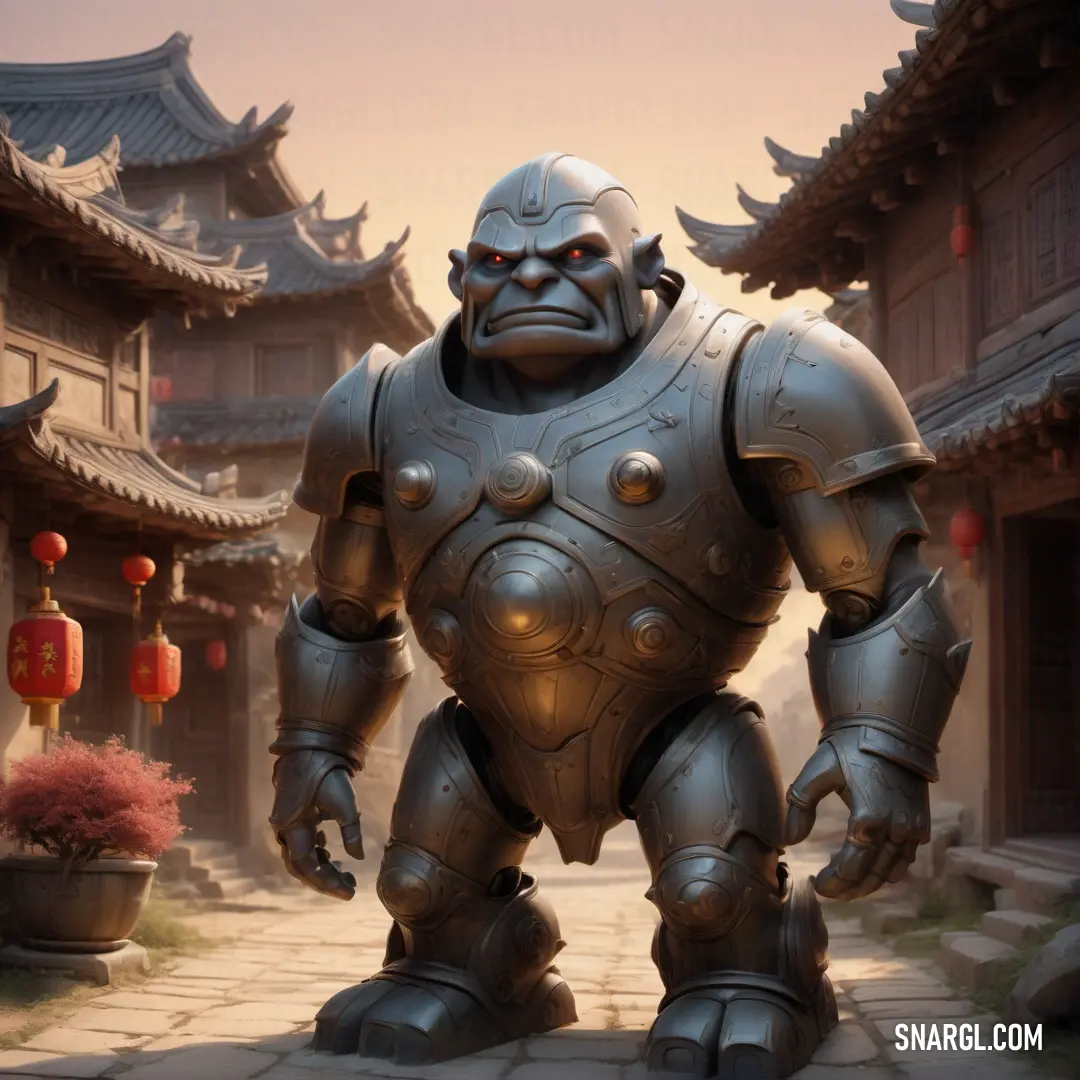
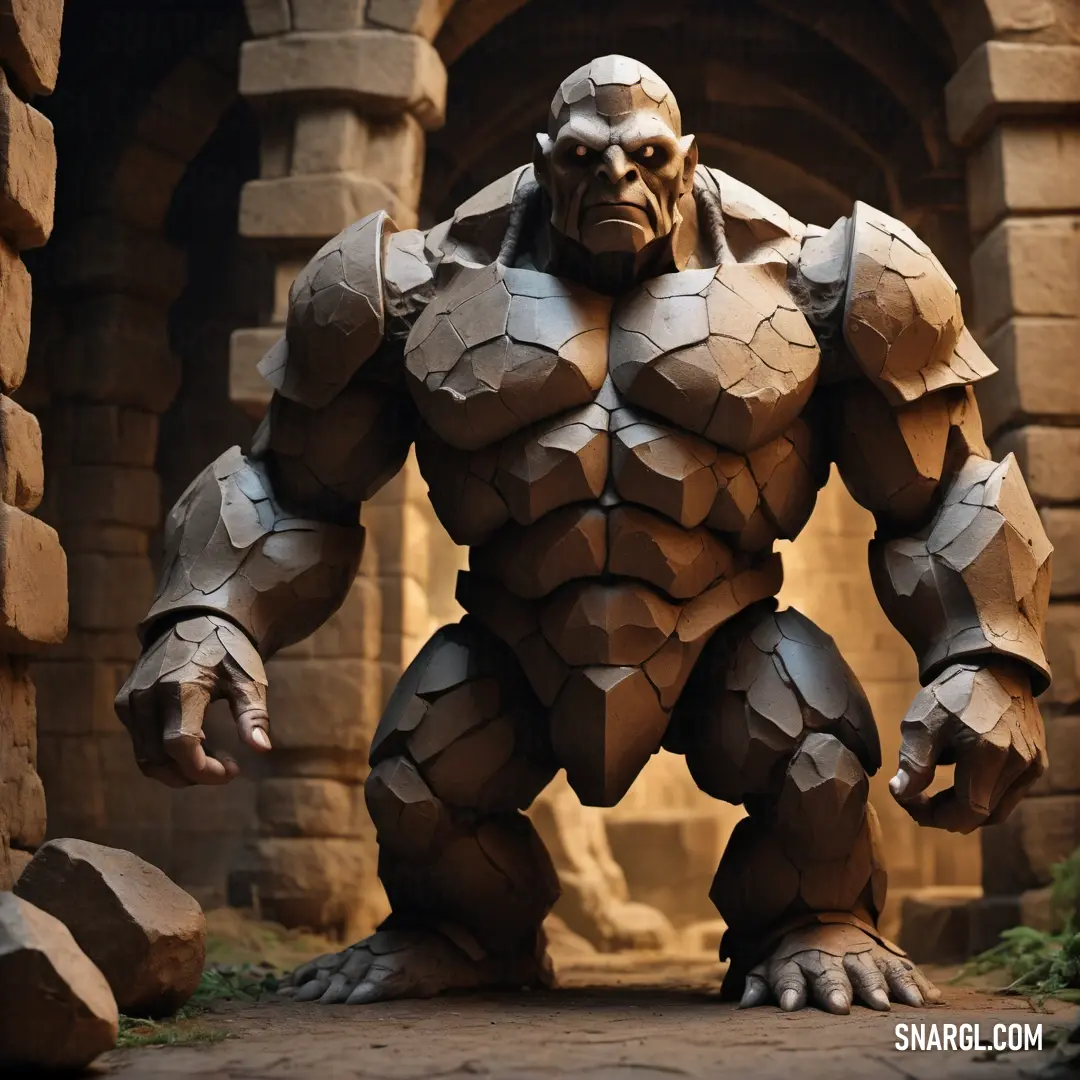
 Onyx
Onyx Peach-orange
Peach-orange Bistre
Bistre Raw umber
Raw umber
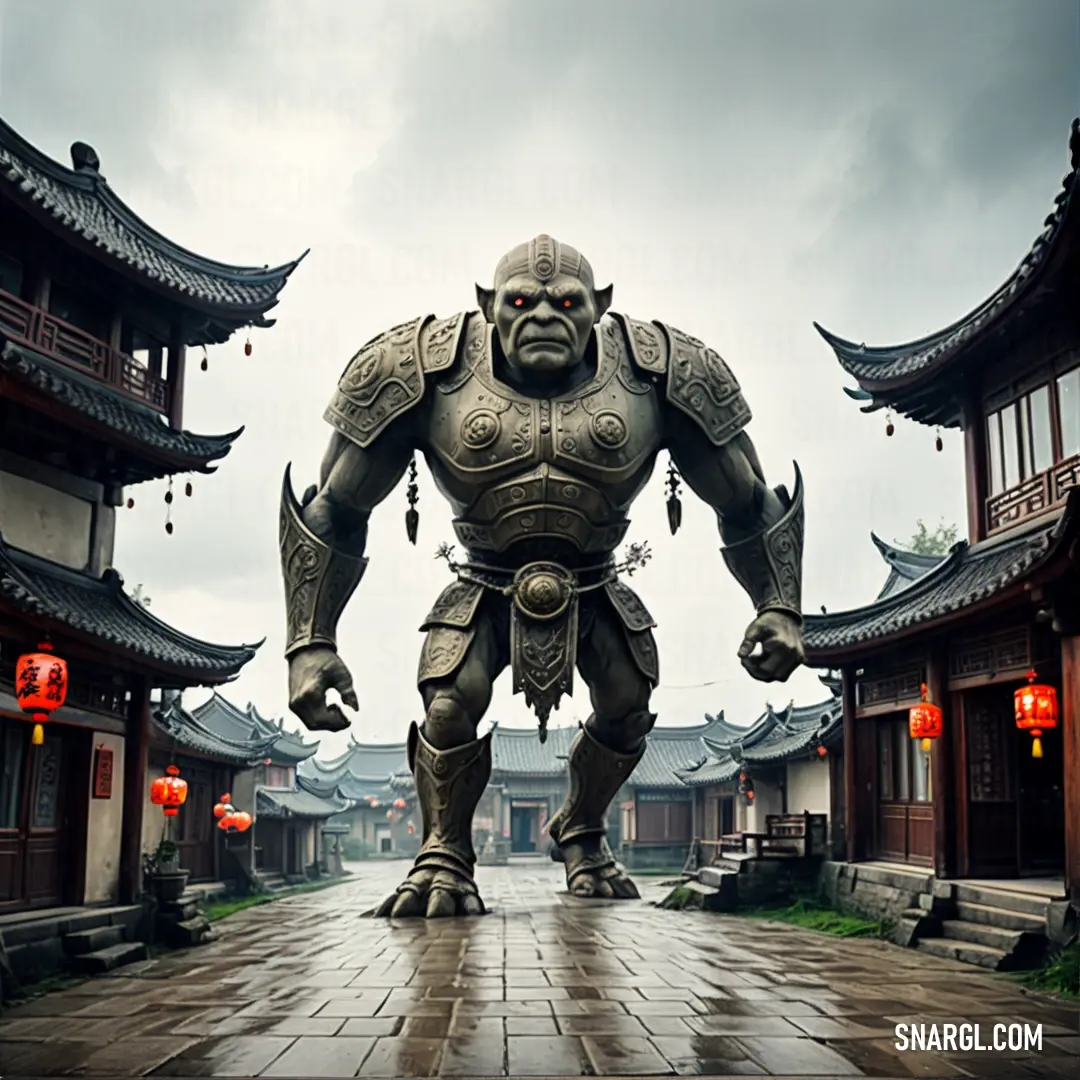
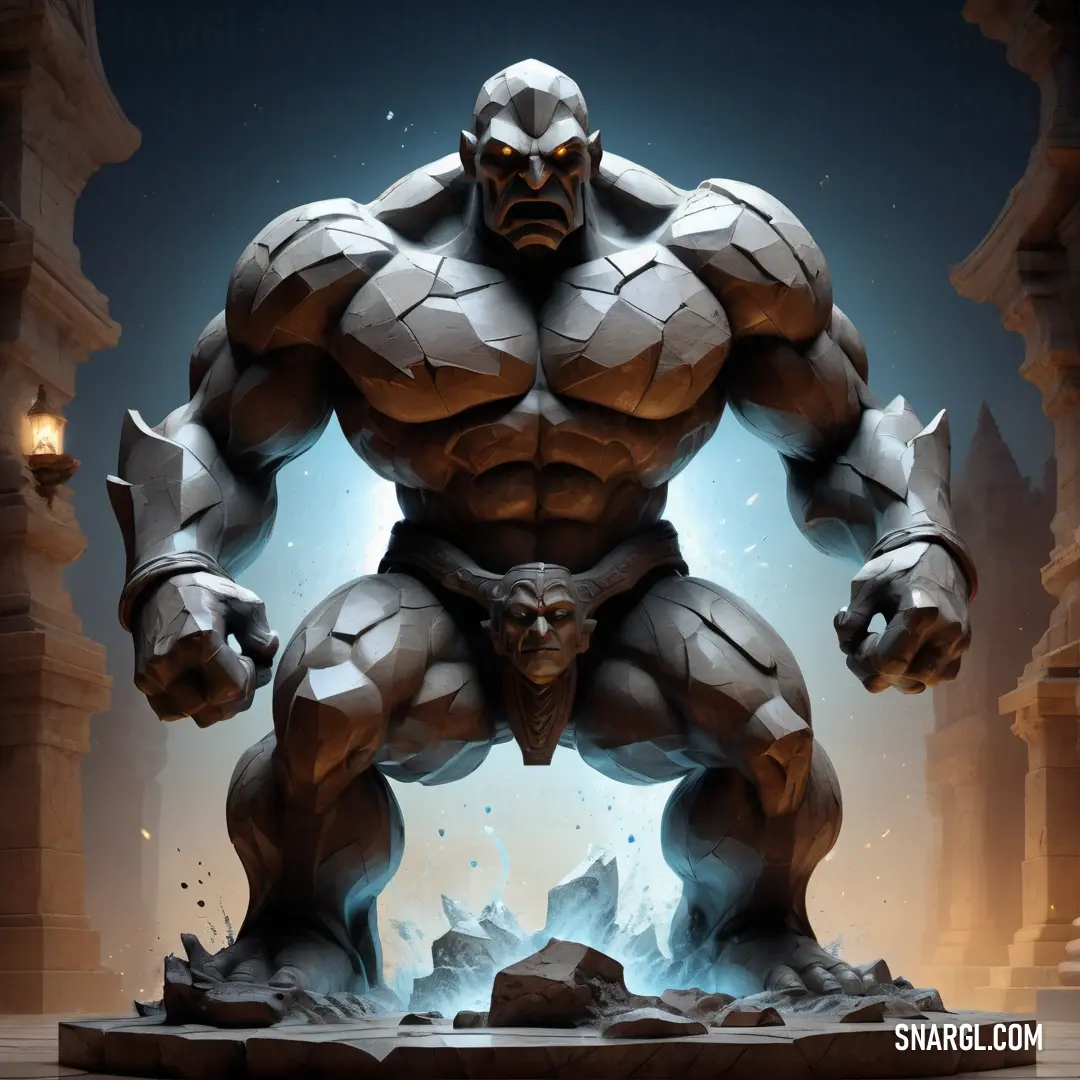

 Laurel green
Laurel green Gainsboro
Gainsboro Dark tan
Dark tan Ball Blue
Ball Blue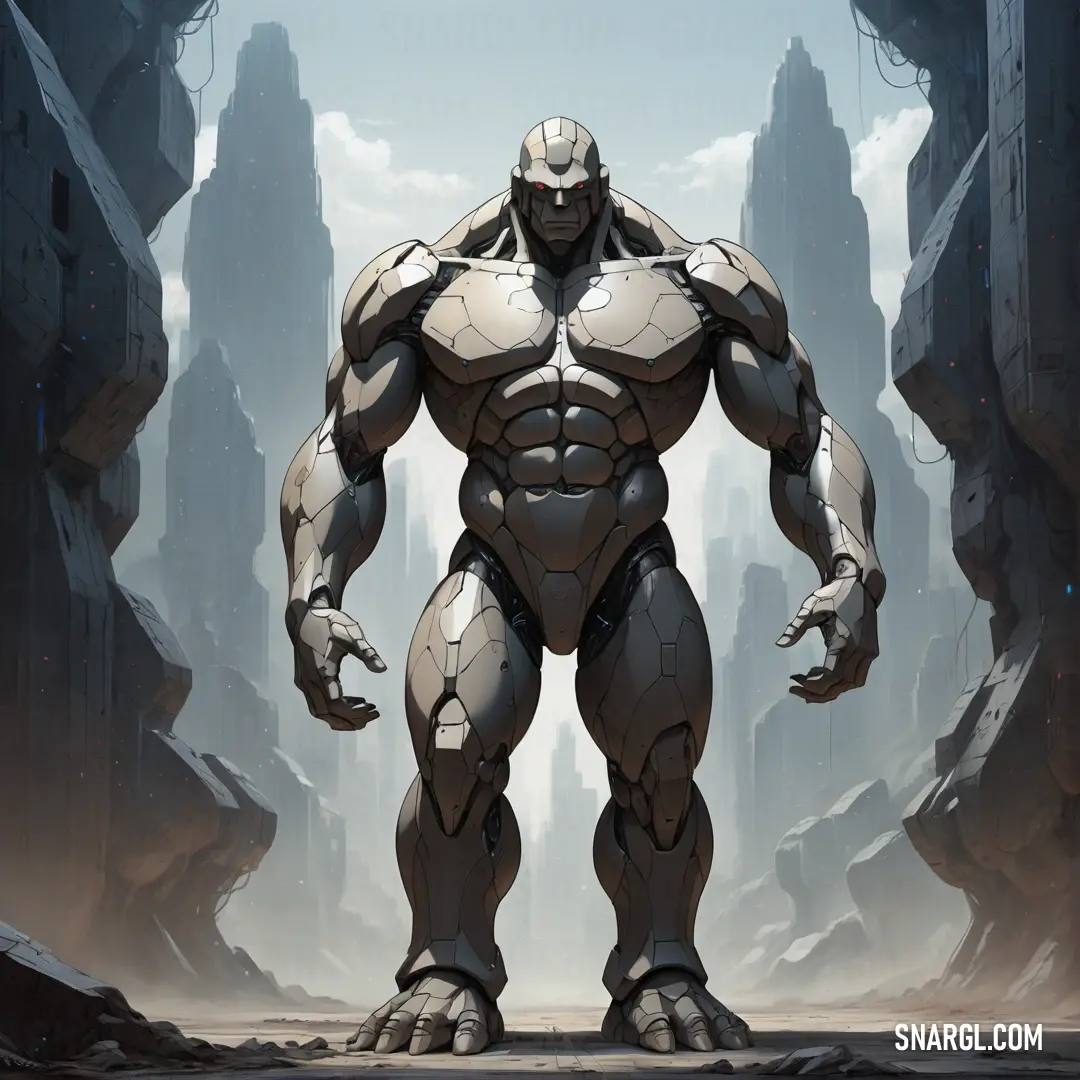

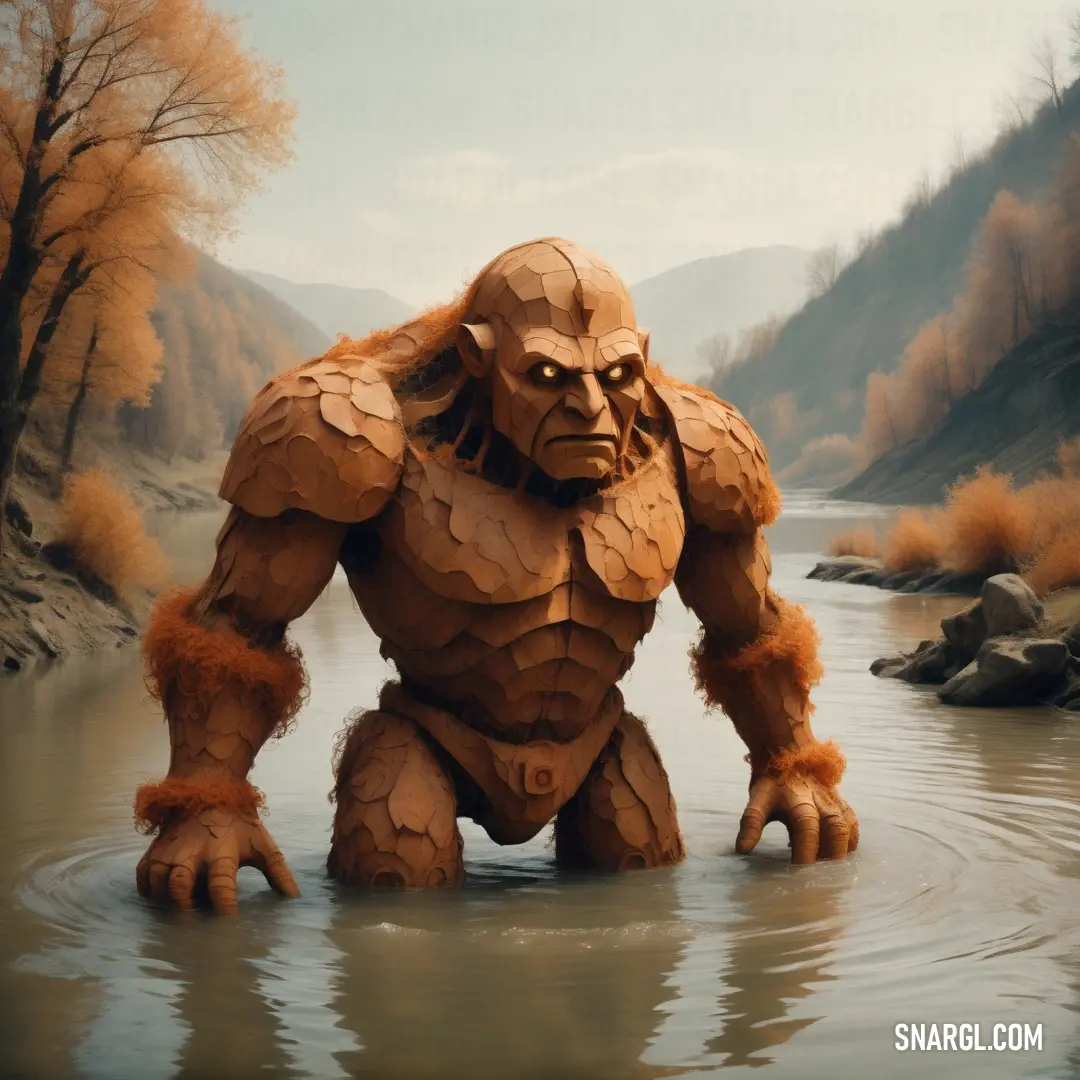
 Steel blue
Steel blue Pastel brown
Pastel brown Gray-Tea Green
Gray-Tea Green Charcoal
Charcoal







